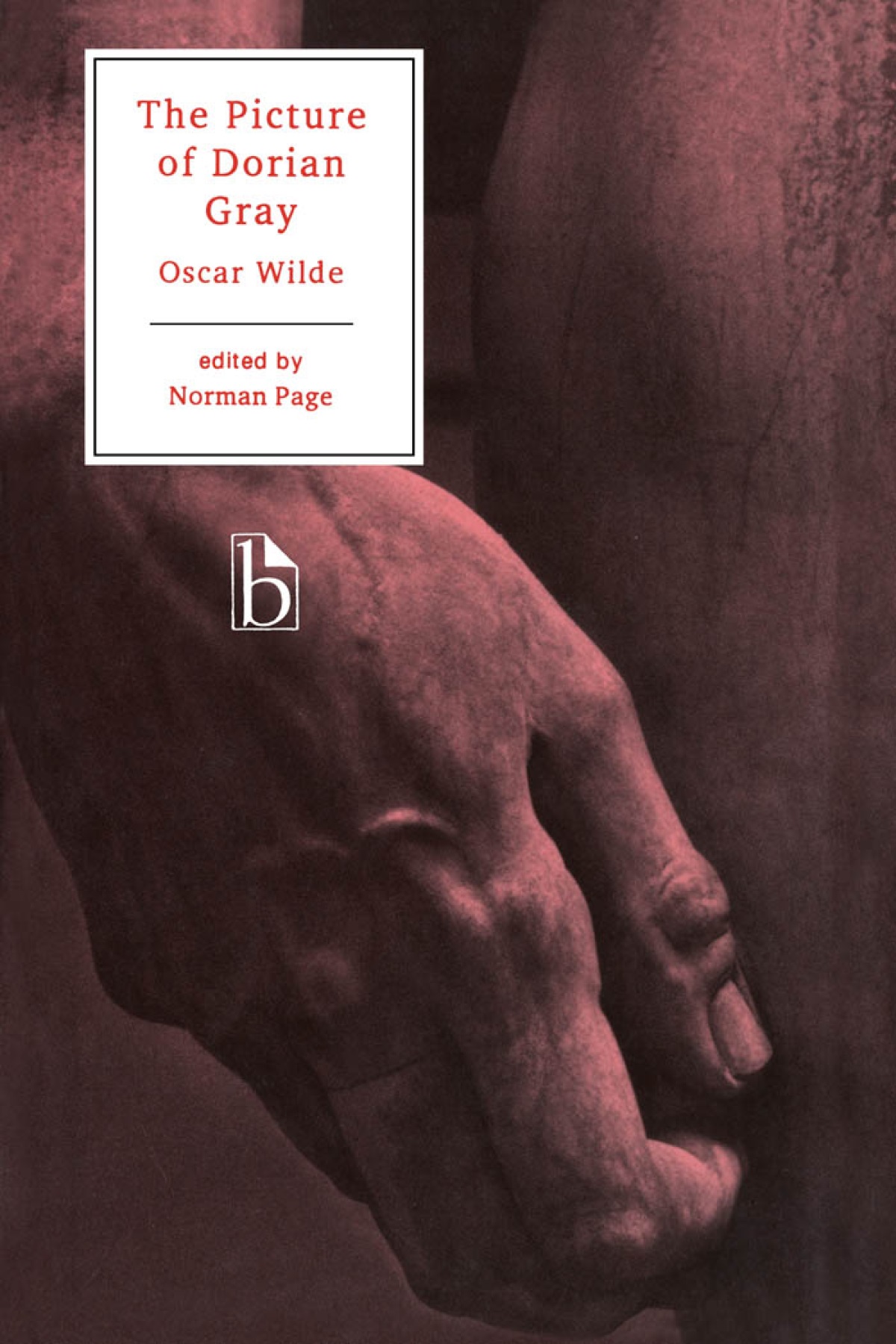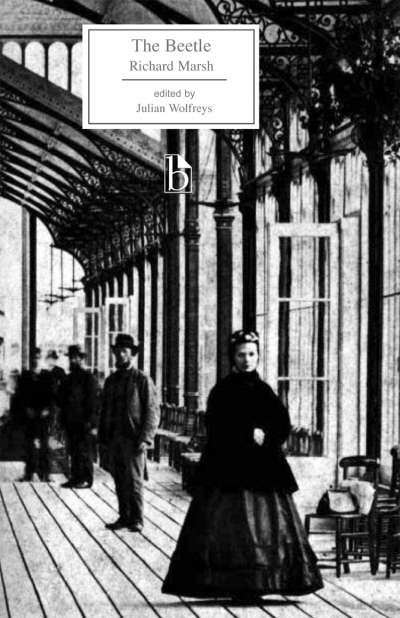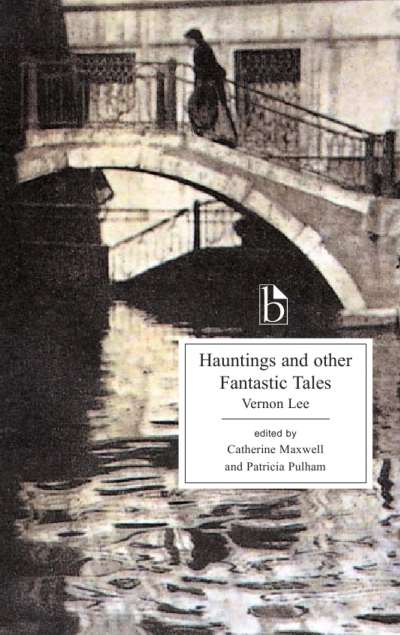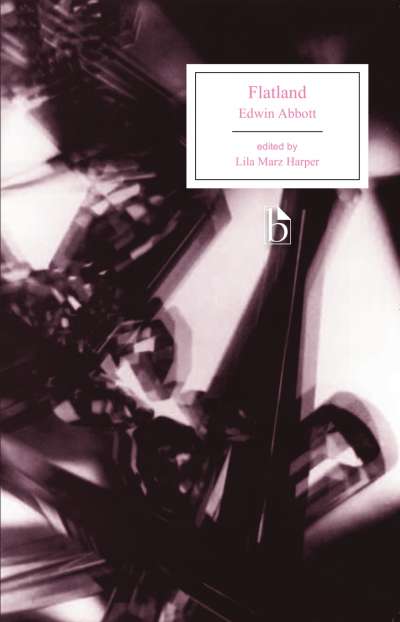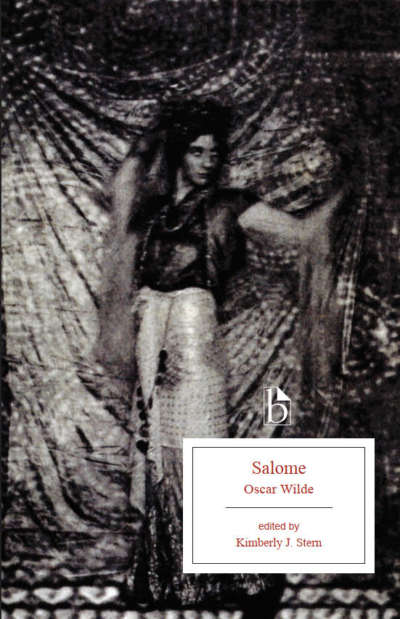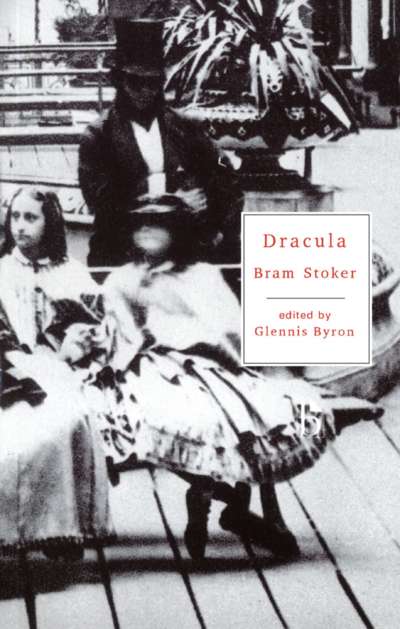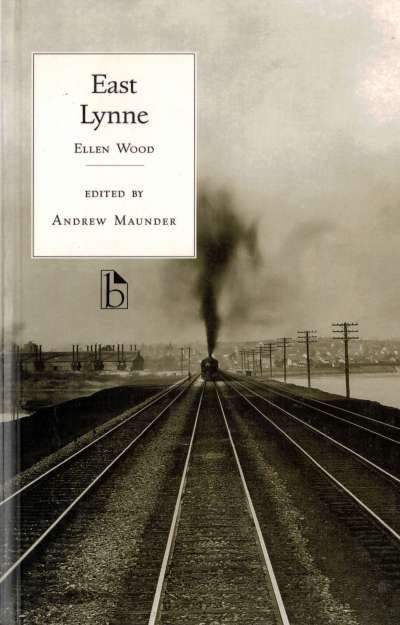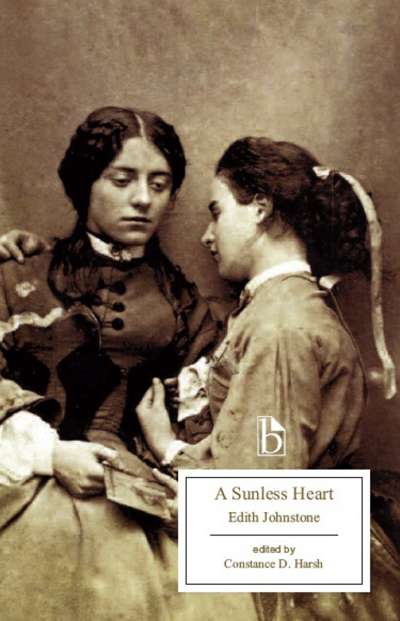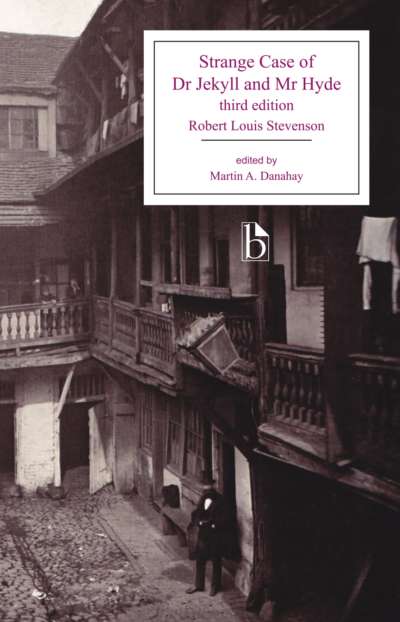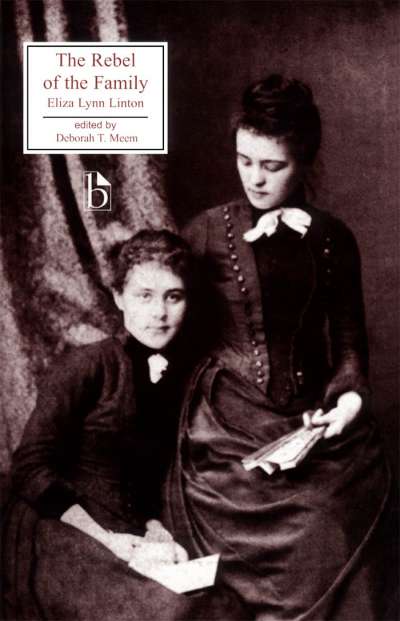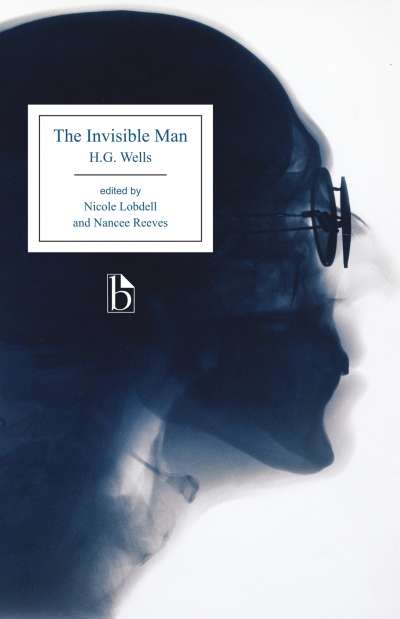
In Oscar Wilde’s famous novel, Dorian Gray is tempted by Henry Wotton to sell his soul in order to hold on to beauty and youth. Dorian succumbs and murders the portrait painter Basil Haliward, who stands between him and his goal. Though in the end vice is punished and virtue rewarded, the novel remains one of the most important expressions of fin de siècle decadence. It is in the preface to the expanded edition of The Picture of Dorian Gray that Wilde coined the most famous expression of his aesthetic: “There is no such thing as a moral or an immoral book. Books are well-written or badly-written. That is all.”
Like other Broadview Editions, this edition includes a wide range of materials from the period that help to set the text in context. In particular, the editor locates the text both in relation to elements in the mainstream culture of the day (such as the aesthetes); and in relation to the gay subculture.
Comments
“This is a fine edition of Oscar Wilde’s novel, ideally suited to readers approaching the work (and all its accompanying mythology) for the first time. The informative introduction, as well as the collection of supplementary materials contained in the appendices, helpfully place the work in historical, biographical, political, and literary contexts. The edition is especially appropriate for undergraduate students, on whom the scandalousness of Wilde’s story might be lost, without benefit of such contextualizations.” — William A. Cohen, University of Maryland

